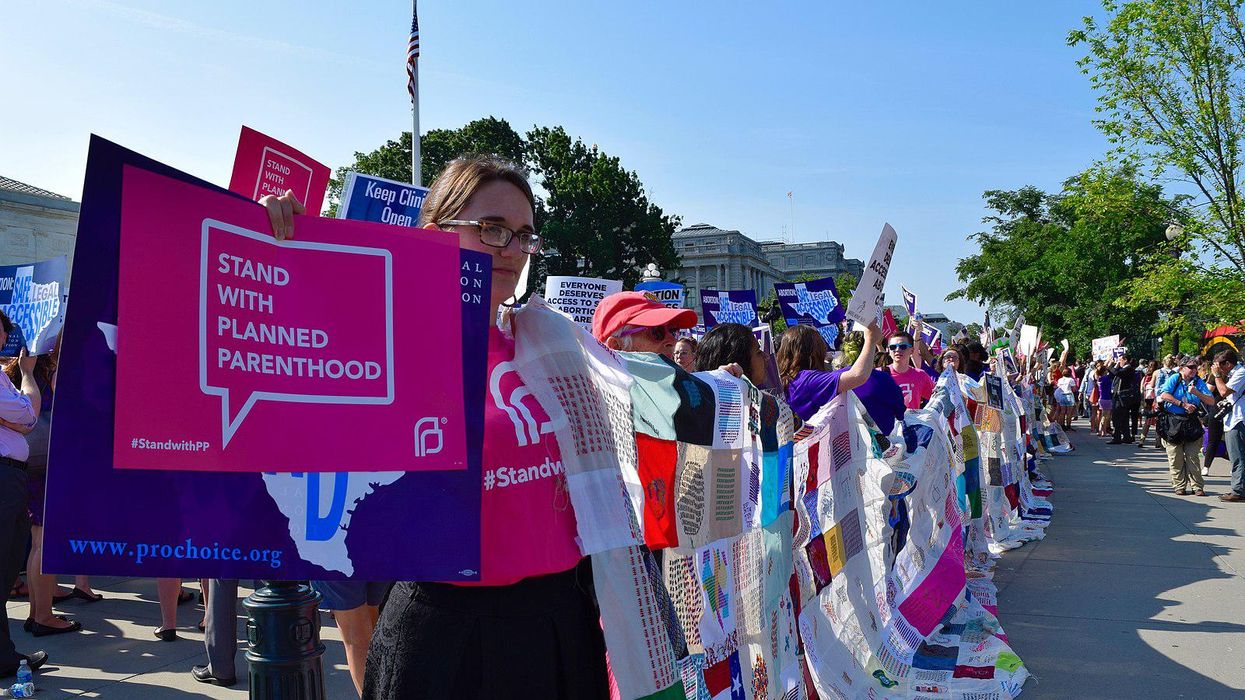Outrage Over 'Bribery' As Trump Does Favors For Firms That Funded Inaugural
An analysis released Monday in the wake of new Federal Election Commission filings shows that the Trump administration has dropped or paused federal enforcement cases against at least 17 corporations that donated to the president's inaugural fund, an indication that companies' attempts to buy favor with the White House are already paying off.
In the new analysis, the watchdog group Public Citizen cross-references FEC data released Sunday with its own Corporate Enforcement Tracker, which documents companies facing federal cases for alleged wrongdoing.
Public Citizen found that corporations facing federal investigations or enforcement lawsuits donated a combined $50 million to President Donald Trump's inaugural committee. Trump raised a record sum of $239 million for his second inauguration, the new FEC filings show.
"Corporations facing federal lawsuits and investigations aren't giving millions to Trump's inauguration out of the kindness of their hearts," said Public Citizen researcher Rick Claypool. "They are trying to buy good will. And when you're a corporation under investigation or facing prosecution, that means the government dropping enforcement actions against you. In some cases, it may even mean receiving pardons in cases in which guilty pleas have already been entered, or retractions of settlements already entered into."
Bank of America, Capital One, Coinbase, DuPont, and JPMorgan are among the corporations that donated to Trump's inauguration and subsequently had federal enforcement cases dismissed.
Public Citizen noted that Google, which donated $1 million to Trump's inaugural committee, could benefit from the Trump Justice Department's decision during an ongoing antitrust case to scrap part of a "proposed breakup plan requiring Google to sell off AI businesses."
Sundar Pichai, the CEO of Google's parent company, was among a number of high-profile corporate executives who were given prominent spots at Trump's inauguration ceremony in January.
"They really never miss an opportunity for some good old-fashioned corporate bribery."
Other inauguration donors have benefited differently from the Trump administration's actions.
As former Labor Secretary Robert Reich noted on social media late Monday, the Trump administration is poised to end the Internal Revenue Services' free Direct File program after the private tax prep giant Intuit donated $1 million to the president's inauguration.
"Apple donated $1M. Trump exempted most of Apple's imports from tariffs," Reich added. "Coinbase donated $1M. Trump's SEC dropped a major lawsuit against them. See how this works?"
The appearance of pay-to-play corruption has been stark during the opening months of Trump's second term, with critics accusing the president of effectively placing a "for sale" sign on the White House.
CBS News reported that much of the White House's Easter Egg Roll on Monday was "sponsored by corporations, a change from the traditional sponsorship by the American Egg Board."
Amazon, Google's YouTube, and Facebook parent company Meta sponsored "various stations at the event," according to CBS.
"Nothing says Happy Easter in Trump 2.0 like having corporate sponsors at the White House Egg Roll," Public Citizen said Monday. "They really never miss an opportunity for some good old-fashioned corporate bribery."
Reprinted with permission from Alternet.












